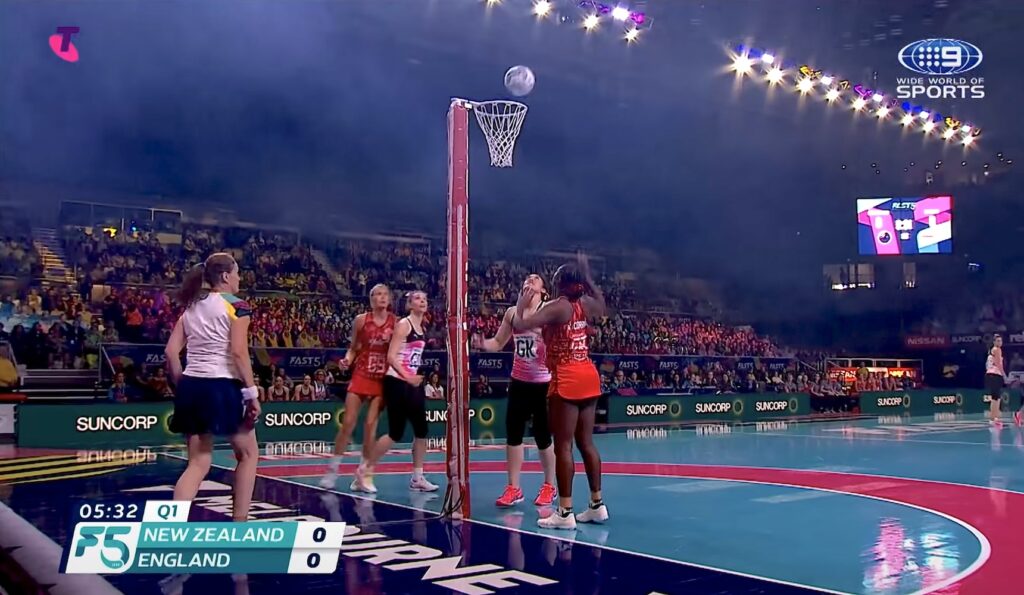World Netball bans males from women’s competitions, citing ‘fairness and safety’
The governing body for the sport of netball issued a new policy banning males from competing in the women’s division at the international level on Monday.
“In order to ensure fairness and…

The governing body for the sport of netball issued a new policy banning males from competing in the women’s division at the international level on Monday.
“In order to ensure fairness and safety, World Netball has taken the decision that eligibility for International Level Women’s Netball Competition is restricted to those athletes recorded as female at birth irrespective of gender identity,” World Netball wrote.
The organization announced the policy change after a “detailed review of the science and consultation with experts” which determined the sport was a “gender affected activity.”
“A gender affected activity is activity in which the average strength, stamina and physique of one Sex (female) will put them at a disadvantage compared with the other Sex (male),” the governing body wrote.
The sport is played on a rectangular court by two teams of seven players. The players work to shoot the ball through the opposing team’s net while preventing the other side from scoring.
Under the new policy, “trans women” recorded as male at birth “are not eligible to participate in International Level Women’s Netball Competition.”
“Trans men,” or biological females, who haven’t experienced the “biological effects of testosterone at any time” are still able to compete in women’s competitions.
However, the organization states it will review the policy, which goes into effect immediately, on a rolling basis or when necessary to ensure the policy stays up to date with any new developments.
Many other sports organizations have banned biological males from competing in women’s competition recently, including the National Association of Intercollegiate Athletics (NAIA).
The NAIA policy also bans women who have started taking testosterone from competing in the women’s division.
“For us, we believed our first responsibility was to create fairness and competition in the NAIA,” NAIA president Jim Carr told CBS News. “We also think it aligns with the reasons Title IX was created. You’re allowed to have separate but equal opportunities for women to compete.”
The NAIA oversees the athletics of around 250 small colleges in North America.



